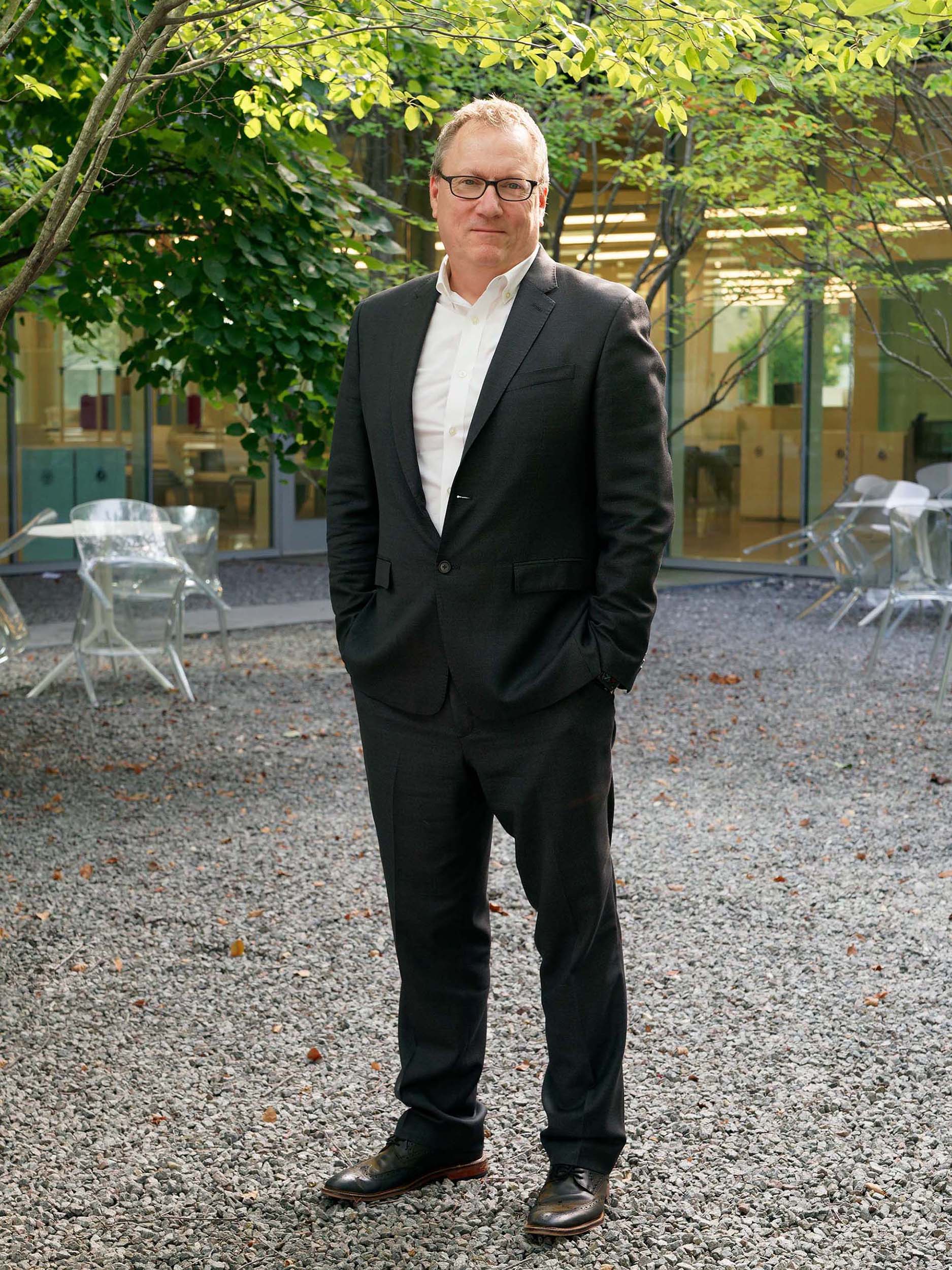Urgent Organizational Challenge 4

Organizations need new metrics.
They need to anticipate and measure new, highly consequential impacts so they can understand if and how their offerings are meeting consumers’ changing expectations.
The New Metrics Opportunity
Today sustainability and ethical brand behaviors matter deeply to consumers. A brand needs to demonstrate integrity, reflect awareness of social issues, and prevent unintended social consequences that could damage its reputation.
Conventional business metrics fall short of assessing performance in extended areas of concern. Just as our original design triad has extended from desirable, feasible, and viable to inclusive, just, and sustainable, organizations need to go beyond measuring satisfaction and retention and find ways to anticipate and measure new impacts related to inclusion, justice, sustainability and organizational change.
Human-centered designers are already well versed in qualitative measurements of performance. Does this design fundamentally work for the people using it? What are their measurements for success, and how can business assess performance based on their quirkier preferences? What about ethical corporate behaviors and societal commitments, such as sustainability and service to the global community?
Designers have long been accountable for defining experience metrics for success. Our skill in qualitative metrics has never been more valuable to organizations seeking to secure brand loyalty among consumers who have a bevy of options. Today, these consumers demand integrity and make their selections accordingly. By defining and differentiating terms such as “business metrics” and “outcome metrics,” designers can help their organizations understand what they stand for, and how they can stand out.

Take Responsibility: Balance Quantitative and Qualitative Measures
Be data-informed, building trust through evidence. Designers don’t let metrics drive every aspect of the work, because we know that success in design cannot be solely measured by the number of users or engagement metrics. Design encompasses intangible factors such as user experience, emotional connection, and long-term brand loyalty, which are harder to extrapolate and measure accurately.
Metrics and evidence matter as much as they ever have, but today organizations need to expand the scope of their metrics to reflect growing consumer demands. Designers pay attention to both quantitative results and qualitative features, and we can explain how evidence-based decisions contribute to meeting business metrics.
Keep qualitative impacts in mind, with an eye toward human and financial outcomes. While some metrics can be straightforward numerical representations, such as active daily users, others may capture fuzzier, more complex aspects such as organizational change or cultural shifts. These types of metrics aim to challenge the organization to think differently about itself, often requiring the tracking of less regularly measured statistics.
Shift away from the notion of a singular metric and toward a context-specific evaluation of desired outcomes. Overall, the process of measuring design impact necessitates a nuanced approach that balances the transformative potential of design with the need for tangible metrics. By drawing on design expertise in recognizing both the complexities.

Peter Zapf
Director of Partnerships and Strategic Initiatives
Are you interested in understanding where design is heading next? Let’s think together.